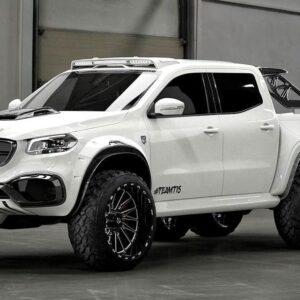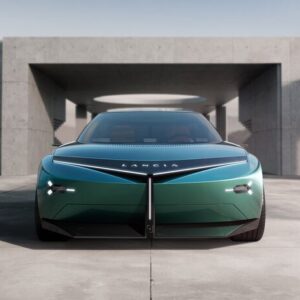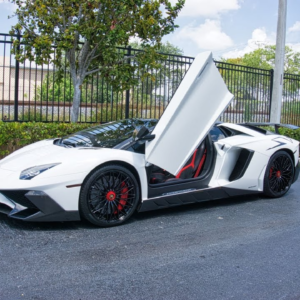
It’s still unclear when Wiesmann’s Project Thunderball will enter production. Information about the electric roadster has been trickling out for months, but its launch date remains a mystery. However, it should be getting close as Wiesmann is now taking orders for the car.

The roadster rides on a bespoke architecture. Wiesmann positioned the cabin as far back as possible in an effort to retain a classic shape, but the packaging proved difficult with the electric powertrain. Two electric motors sit behind the cockpit, powering the rear wheels. The T-shaped battery, positioned to lower the car’s center of gravity, occupies the central tunnel and runs into the front of the vehicle.

The 92-kilowatt-hour battery, of which only 83 kWh is usable, is expected to provide 311 miles (500 kilometers) of range. Wiesmann cools it with a water-glycol mix, while a bespoke Battery Management System allows engineers to fine-tune and optimize it for all driving conditions. It features 800-volt architecture, allowing for 300-kilowatt fast-charging capability. Wiesmann hasn’t specified how long it’d take to recharge the Li-ion NMC battery, which weighs 1,102 pounds (500 kilograms). The car, which has a carbon-fiber body, weighs a little more than 3,747 lbs (1,700 kg).

The powertrain delivers 680 horsepower (500 kilowatts) and 811 pound-feet (1,100 Newton-meters) of torque to the rear wheels. This propels the car to 62 miles per hour (100 kilometers per hour) in a claimed 2.9 seconds. Drivers can pick from five regenerative braking settings, which are accessible through the steering-wheel-mounted paddle shifters.

“Thanks to endless research and testing, the roadster will blend our bespoke cutting-edge powertrain technology with Wiesmann’s trademark German engineering excellence,” said Wiesmann CEO Roheen Berry. “We are putting the emotion back into EVs.”

Wiesmann will build the car at its “Gecko” factory in Germany. The company hasn’t announced when the model will go on sale, but the reservation books have been open since September. The company has already filled three-quarters of its first-year production allotment. The production version of Project Thunderball, which is just a codename, will have a starting price of €300,000 ($307,879 at today’s exchange rates).









